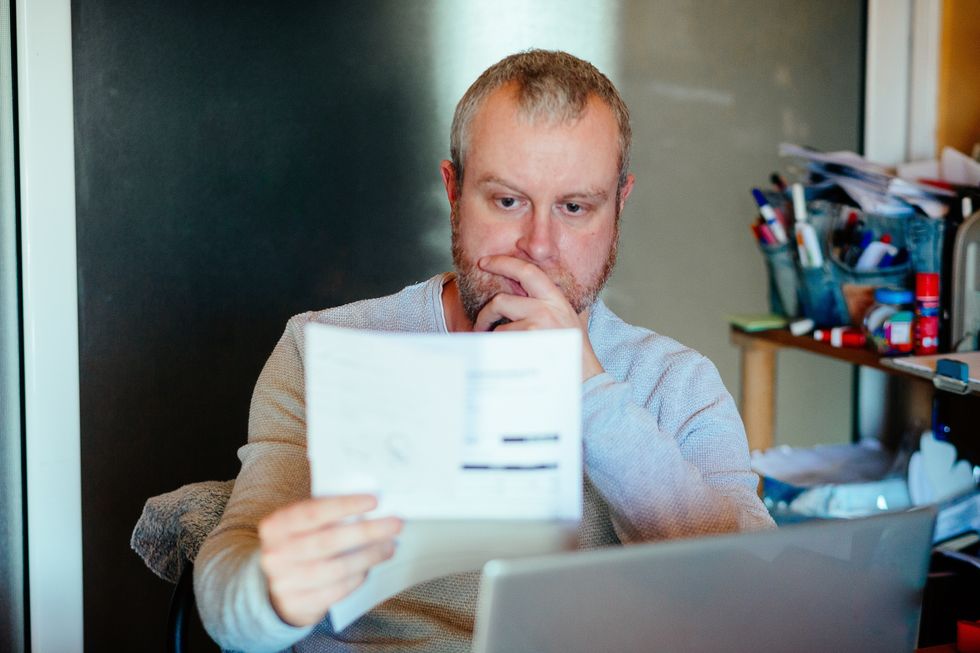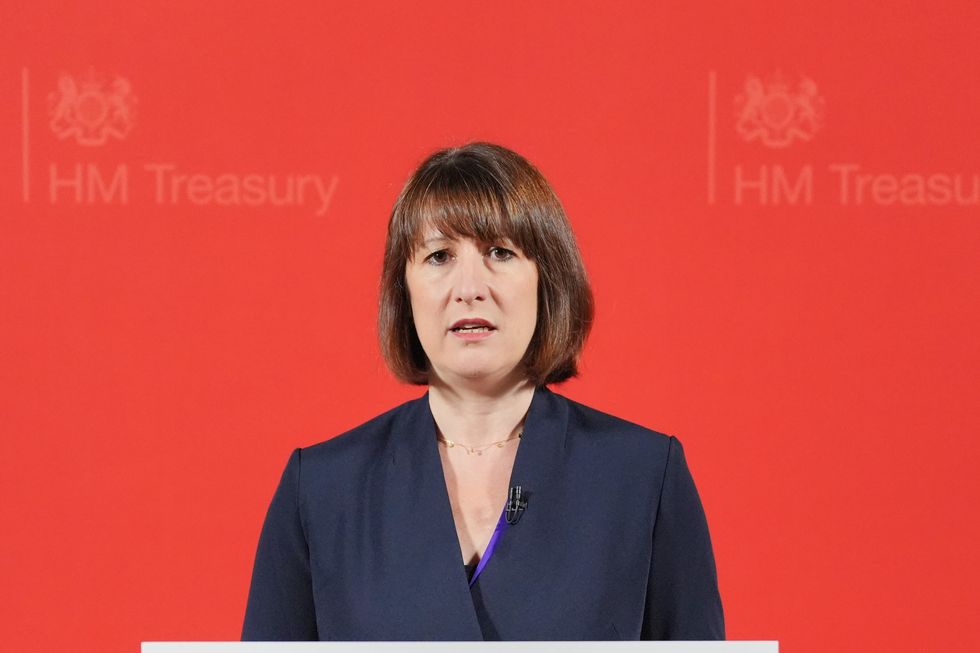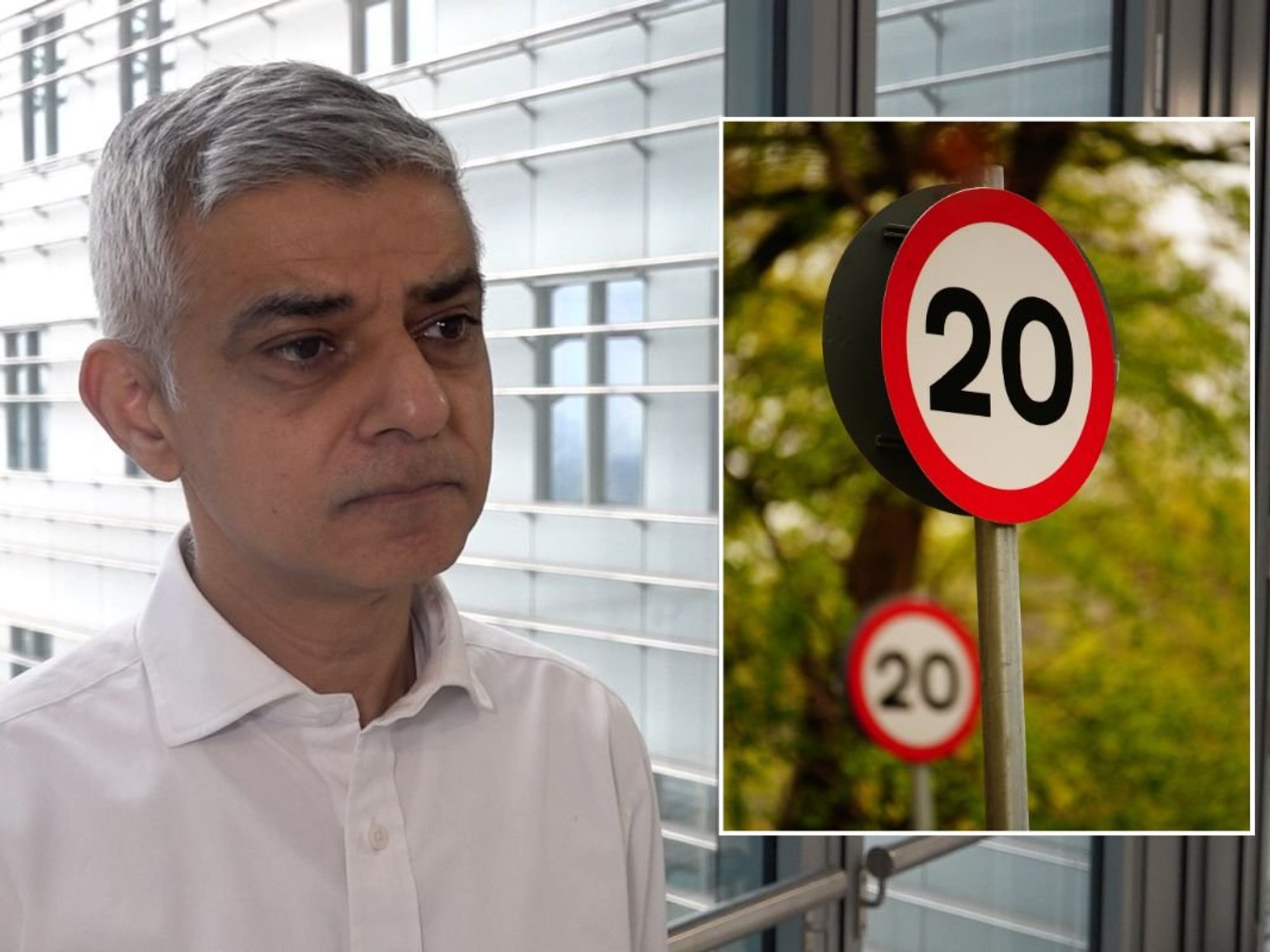Labour's National Insurance overhaul could make workers £3,000 worse-off, bombshell research claims

Reports suggest the Chancellor is considering raising taxes on employer National Insurance contributions which could impact the take-home pay of workers
Don't Miss
Most Read
British workers are projected to be £3,000 worse-off under a drastic policy change which is expected to be rolled out during Chancellor Rachel Reeves's Autumn Budget, according to new analysis.
It is understood that the new Labour Government is floating the tax rate paid on National Insurance contributions made by employers.
Going into July's General Election, Prime Minister Keir Starmer and the Chancellor pledged to not raise taxes on "working people".
According to ministers, this promise means the rate paid on income tax, National Insurance and VAT will not be hiked.
However, Labour have refused to rule out raising the employer National Insurance contributions which analysts claim will have a knock-on effect on peoples' payslips.
Research carried out by the think tank PolicyEngine indicates workers could lose out if their bosses choose to reduce salaries in an attempt to offset this tax raid.
Do you have a money story you’d like to share? Get in touch by emailing money@gbnews.uk.

A National Insurance raid on businesses could be passed down to workers
| GETTYCurrently, an employer pays National Insurance contributions of £2,884 if they hire a worker on a salary of £30,000.
As such, businesses are paying £32,884 annually to employ the worker, including salary and National Insurance contributions.
Based on PolicyEngine's findings, if Labour chooses to increase employer contributions by one percentage point from 13.8 per cent to 14.8 per cent, businesses could lose out.
If the employer does not change their salary, the National Insurance contribution they will pay will jump to £3,093 for the year.
Furthermore, PolicyEngine's research found that the same salary would neeed to be lowered to £29,818 in order to keep the total cost of employment fixed at £32,884.
Felicia Hjertman, the founder of investment platform Tillit, warned that a stealth National Insurance hike could lead to retirement issues down the line for employees.
She explained: "Britain is on the brink of a retirement crisis, and increasing employers' National Insurance contributions on private pensions is a step in the wrong direction.
“Faced with rising costs, employers with more generous contribution policies going beyond the Government-mandated, basic contribution rates may be forced to review these policies, undermining people's ability to achieve a comfortable retirement.
LATEST DEVELOPMENTS:
- Britons face 'death tax on pensions' as part of inheritance tax raid
- Reeves to raise National Insurance as Chancellor's Budget raid risks wage growth slump
- Pension tax raid 'least popular' Labour Budget proposal, bombshell poll finds

Rachel Reeves will unveil her first Budget this week
| PA
"Currently, more than 80 per cent of households aren't on track for a comfortable retirement.
"The Government should focus on stronger incentives for both employees and employers to prioritise private pension savings, making it easier and more accessible for everyone to secure their financial future."
A UK Government spokesperson said: "We do not comment on speculation around tax changes outside of fiscal events."
The Chancellor will outline Labour's fiscal agenda for the Autumn Budget on October 30.











